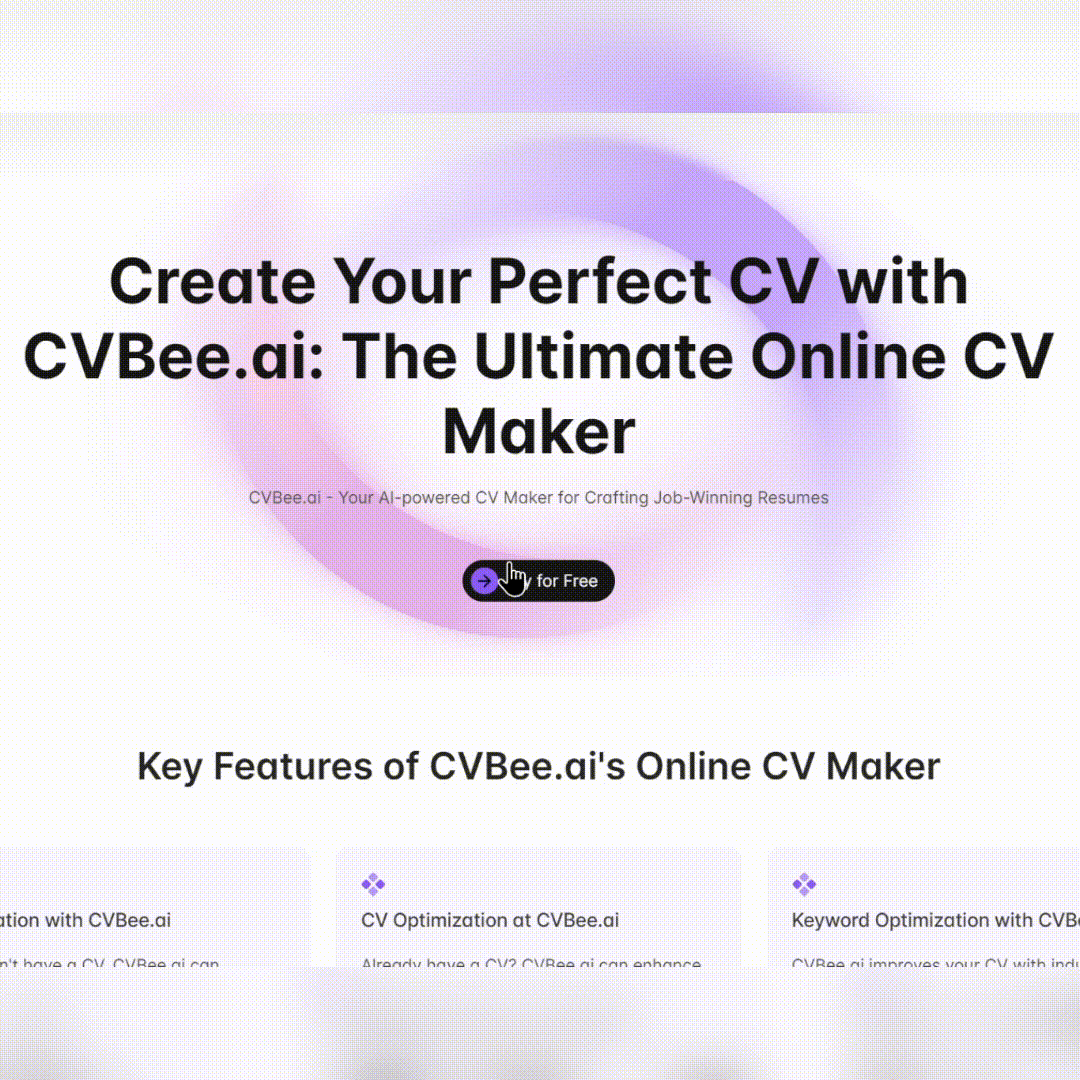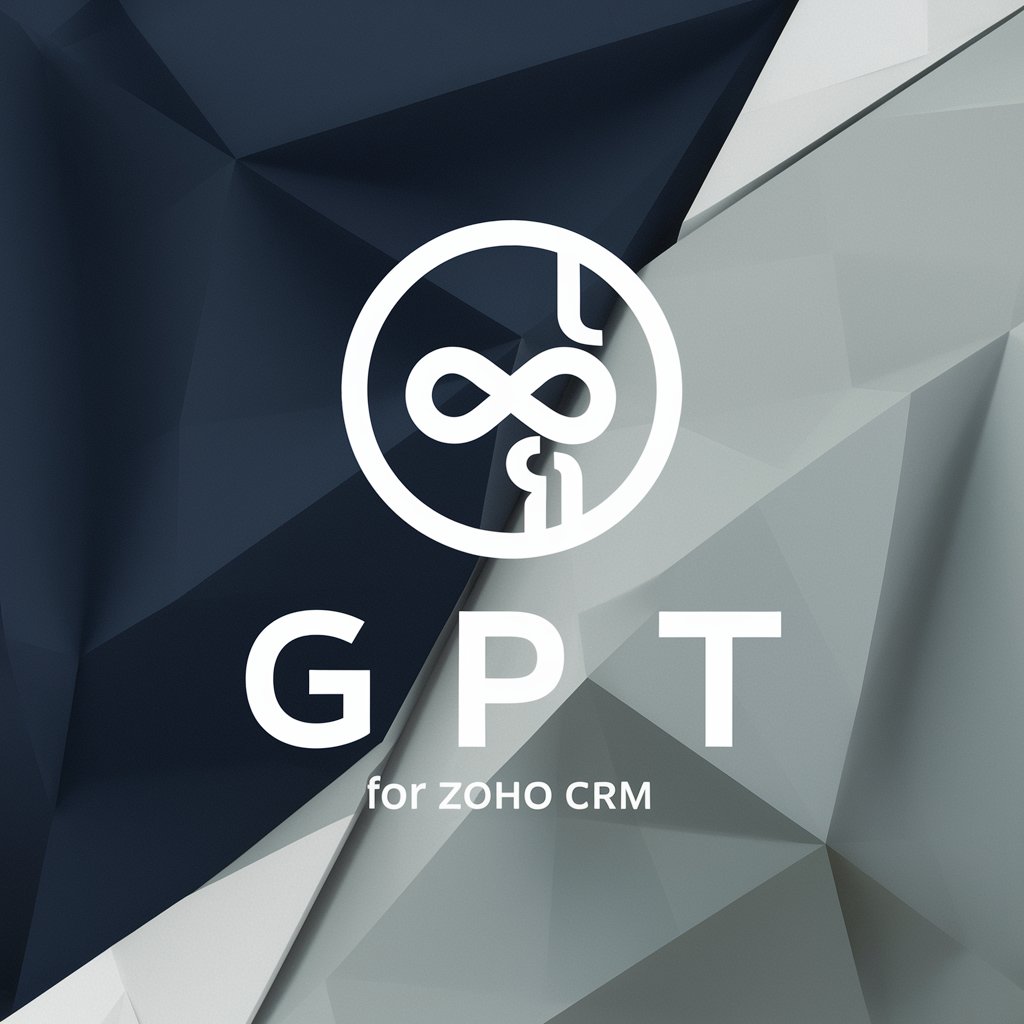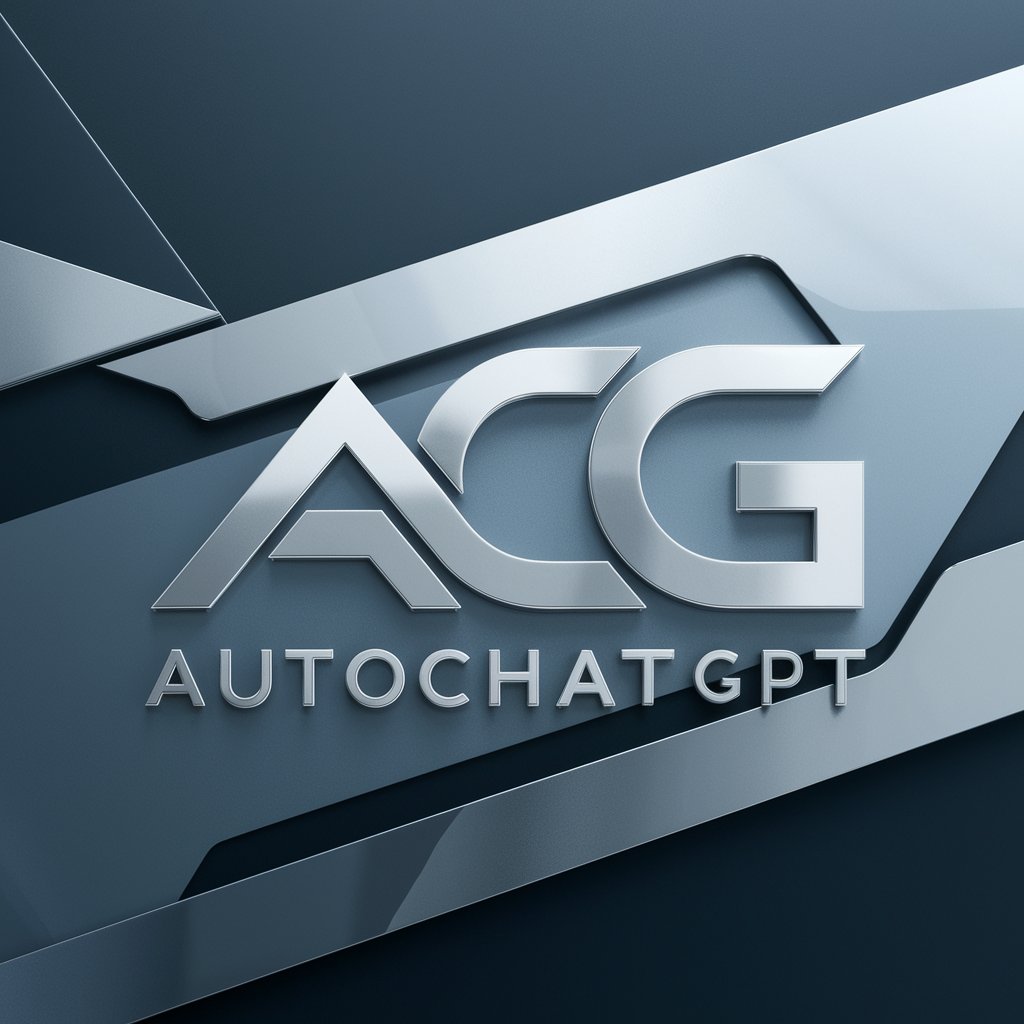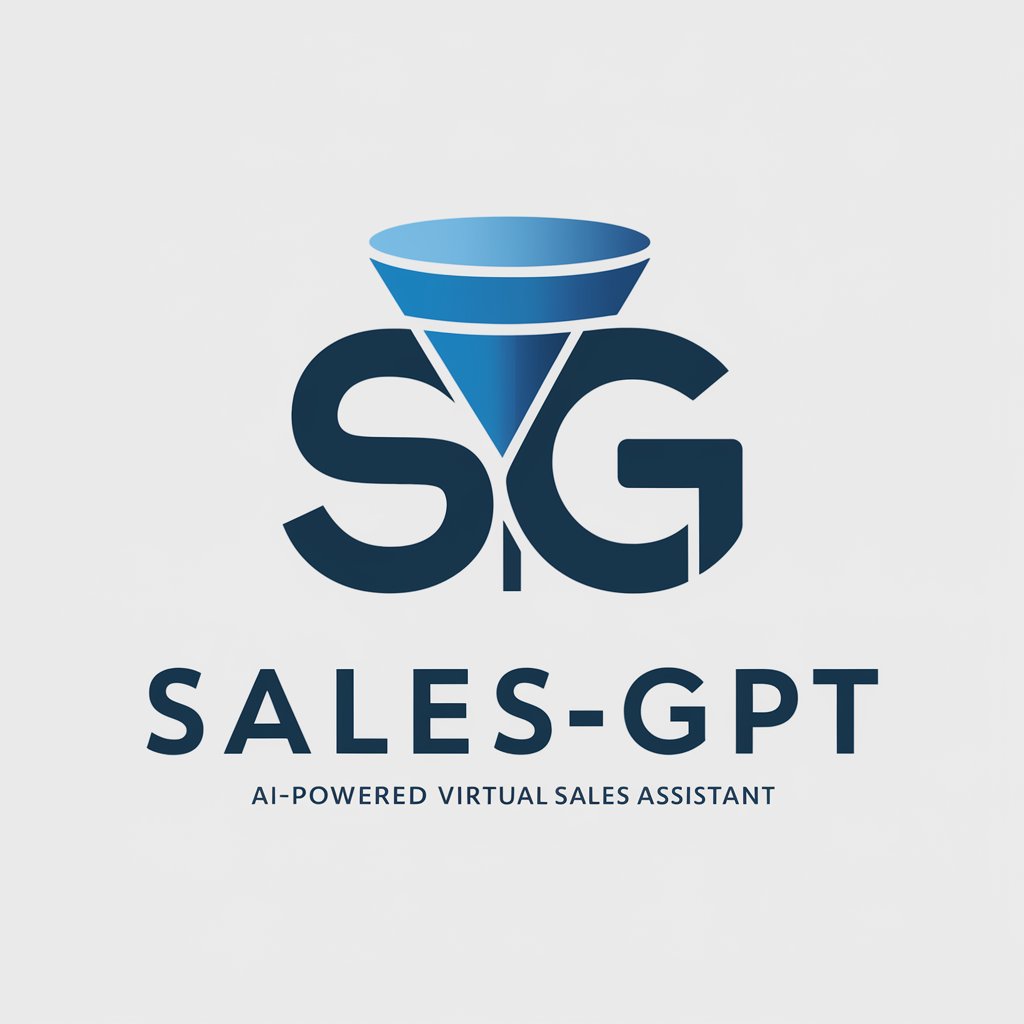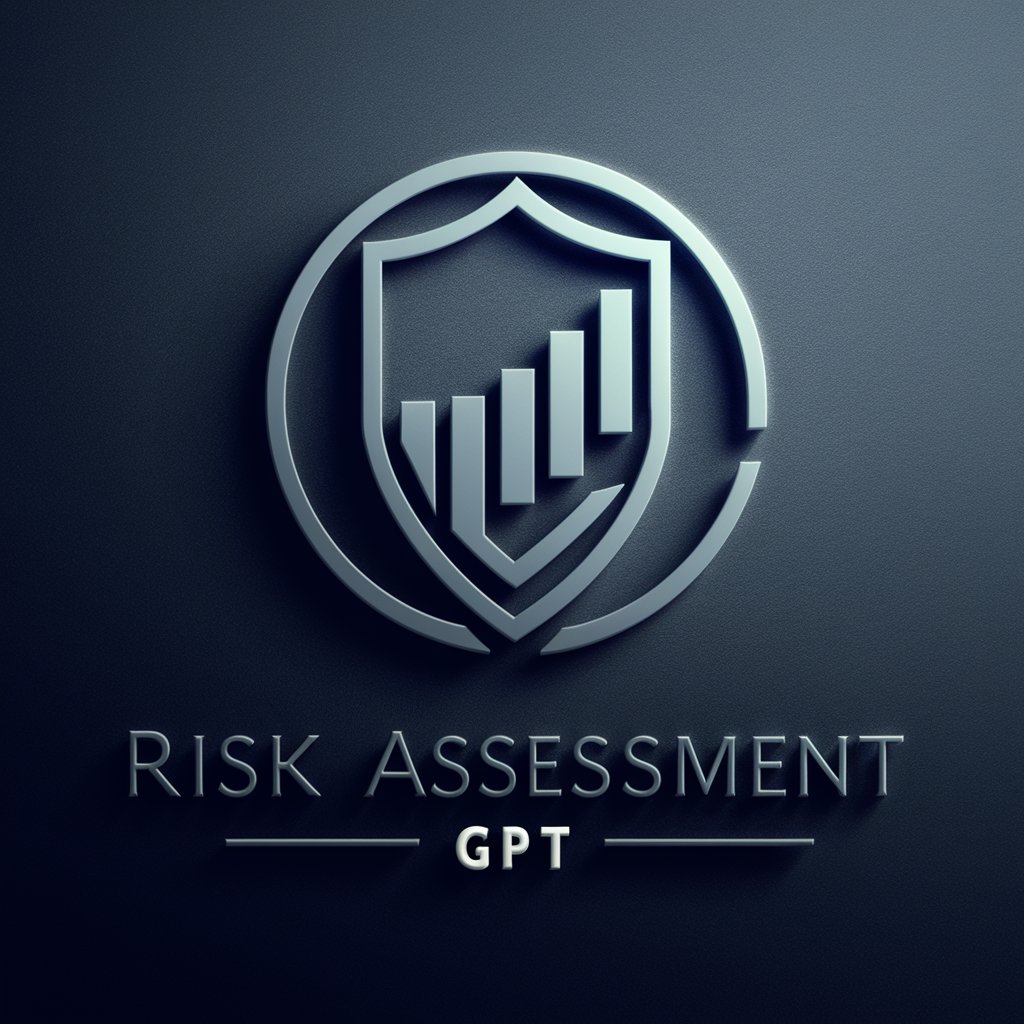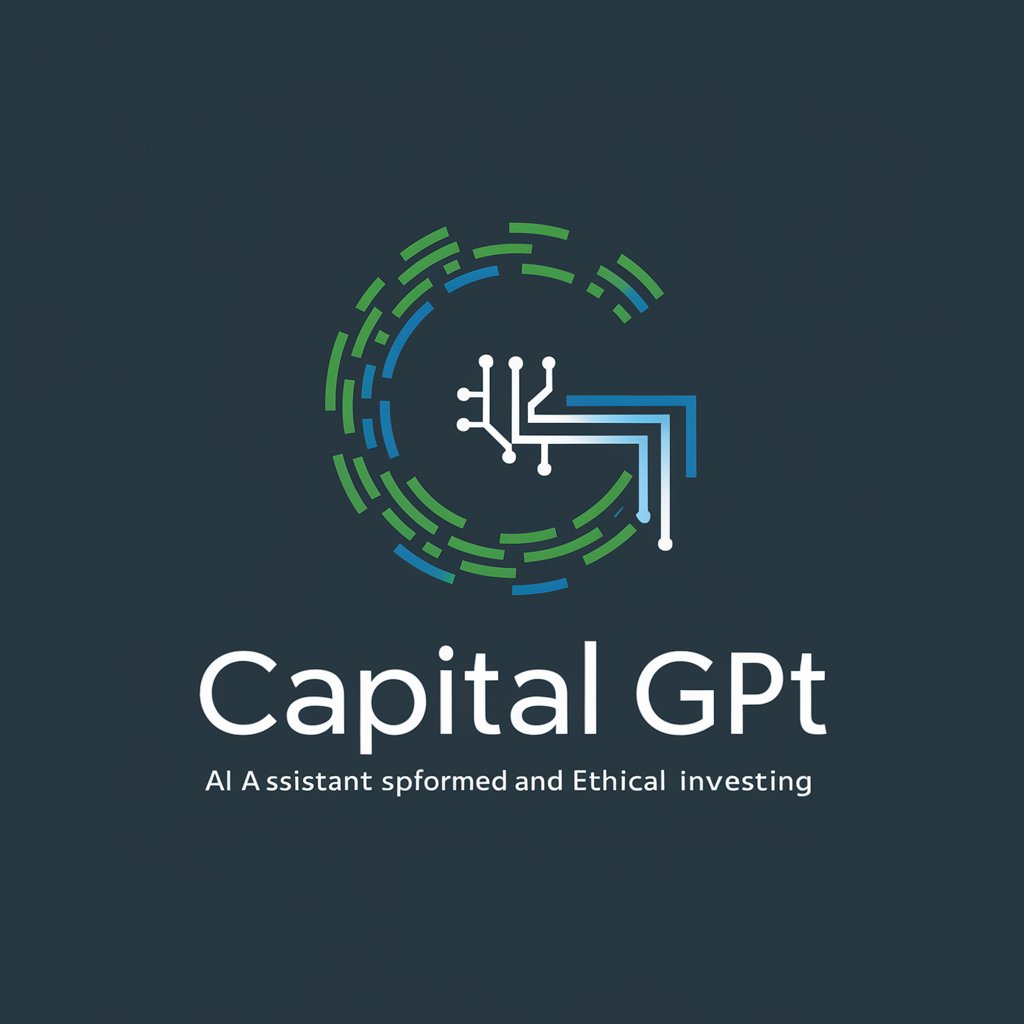
GPT-CRM - AI-powered CRM tool
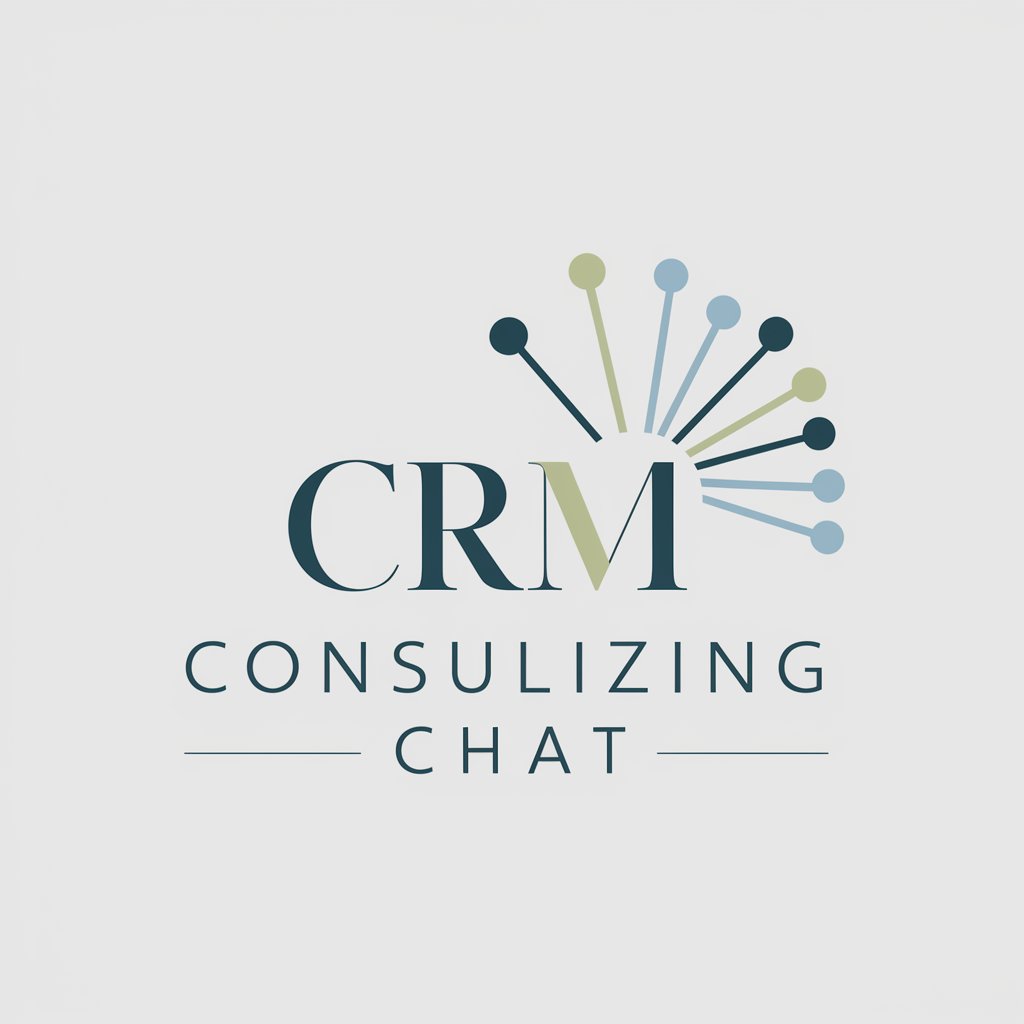
Welcome to CRM Consulting Chat! Let's elevate your business together.
Empowering Relationships with AI
How can I integrate my CRM with other applications?
What are the best practices for leveraging CRM in a small business?
Can you guide me on improving real-time customer engagement using CRM?
What CRM features are essential for enhancing team collaboration?
Get Embed Code
Introduction to GPT-CRM
GPT-CRM is designed as an advanced CRM tool integrated with AI capabilities from Generative Pre-trained Transformers (GPT) to enhance customer relationship management through automation, personalization, and data-driven insights. It combines the robust data processing and interaction capabilities of a traditional CRM system with the advanced language and pattern recognition skills of AI. This integration allows for more dynamic interactions with customers, predictive analytics, and customized communication strategies. For example, a company can use GPT-CRM to automatically generate personalized email marketing campaigns based on customer behavior patterns or to provide real-time customer support through AI-driven chatbots that can understand and respond to customer queries with high accuracy. Powered by ChatGPT-4o。

Core Functions of GPT-CRM
Automated Customer Interaction
Example
AI chatbots handle inquiries
Scenario
An online retailer uses GPT-CRM's AI chatbots to manage customer inquiries on their website, providing instant responses to questions about product details, stock availability, and shipping policies. This reduces wait times and improves customer satisfaction.
Predictive Analytics
Example
Customer purchase prediction
Scenario
A telecommunications company uses GPT-CRM to analyze customer call and data usage patterns to predict when a customer might need a better data plan, proactively offering tailored plans to meet anticipated needs, thus increasing upsell opportunities.
Personalized Marketing
Example
Customized email campaigns
Scenario
A health and wellness app uses GPT-CRM to segment its users based on their activity levels and preferences. It then sends personalized workout and diet tips via email, significantly increasing user engagement and subscription renewals.
Target User Groups for GPT-CRM
Small to Medium Enterprises (SMEs)
SMEs benefit from GPT-CRM by gaining access to sophisticated CRM tools that automate tasks, enhance customer interaction, and drive sales, often without the need for large IT departments.
Large Corporations
Large corporations can leverage GPT-CRM's scalable solutions to handle vast amounts of customer data, integrate with other enterprise software, and deploy advanced analytics to streamline operations and personalize customer communication at scale.
E-commerce Platforms
E-commerce businesses use GPT-CRM to improve online customer experiences through personalized recommendations, targeted marketing, and efficient customer service, directly contributing to increased sales and customer loyalty.

How to Use GPT-CRM
Start a Free Trial
Visit yeschat.ai to begin a free trial without requiring login or ChatGPT Plus subscription.
Explore Interface
Familiarize yourself with the dashboard layout to understand where different tools and settings are located, such as data input, interaction history, and configuration settings.
Configure Your Settings
Adjust your settings to suit your specific needs, including integration with existing databases, customization of interaction parameters, and setting up user roles and permissions.
Perform Test Interactions
Initiate several test interactions to see how GPT-CRM handles different types of queries and data inputs. This will help you gauge its responsiveness and accuracy.
Analyze and Iterate
Review the outcomes of your interactions, analyze the performance, and make necessary adjustments to optimize the system for better accuracy and efficiency.
Try other advanced and practical GPTs
VA Disability Assistant
Streamlining VA Claims with AI

IELTS - 简·奥斯汀
Empower Your IELTS Journey with AI

R Studio Helper
Streamline Your R Coding with AI

GPT Abogado Colombia
Empowering legal decisions with AI

Escape!! Space Station
Outsmart. Escape. Survive.

SCC CodeGenerator
Elevate Coding with AI-Powered Completion
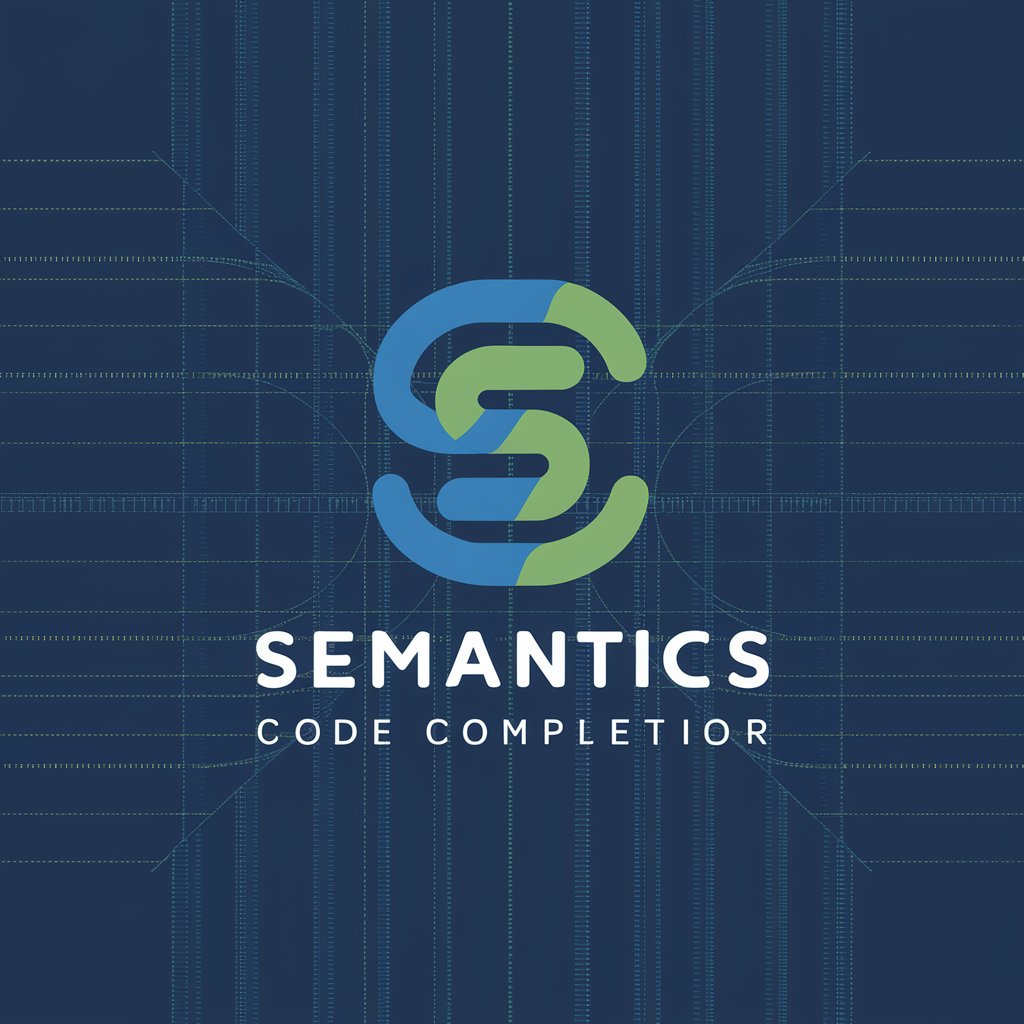
Digital Signal Processsing
Transform Signals with AI-Powered DSP

SignatureSmith - HTML and CSS E-mail Creator
Craft Your Digital Identity with AI
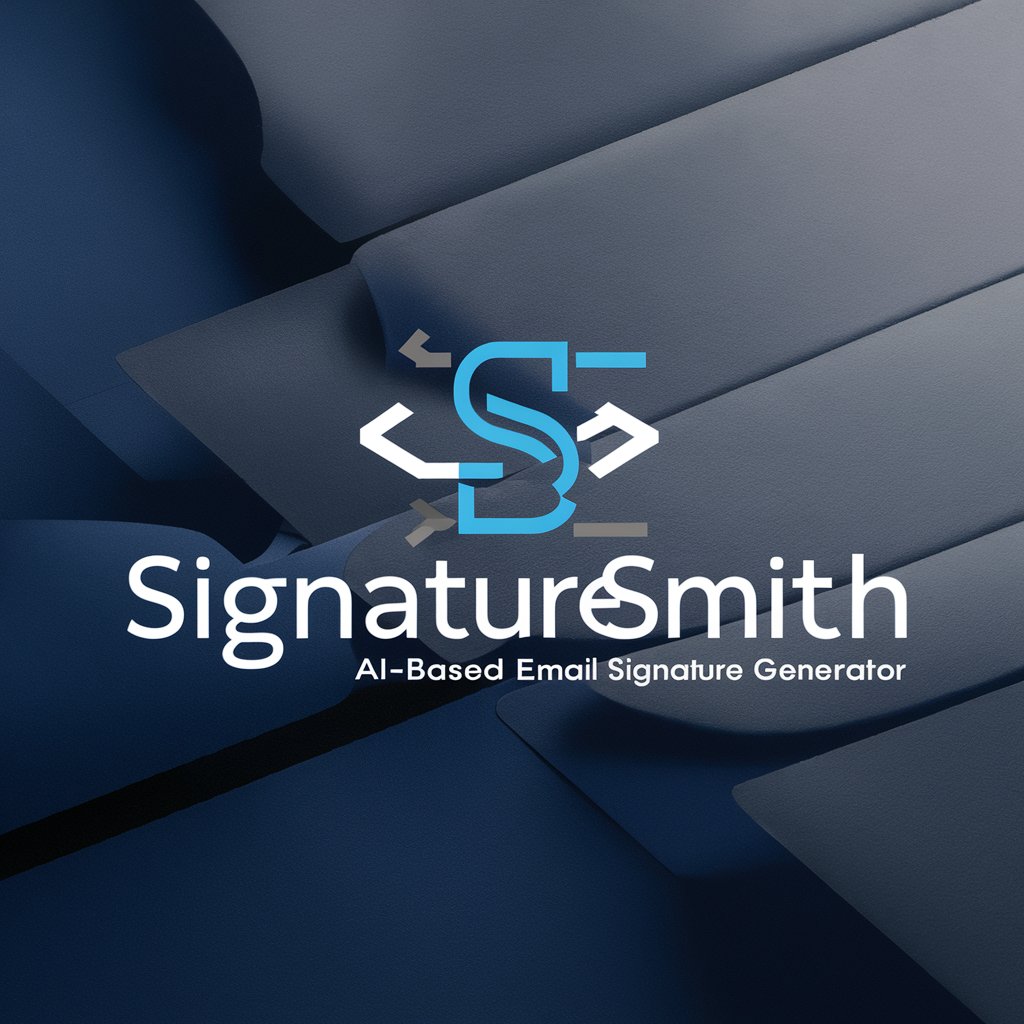
UE5 BP questions
Unleash AI-powered Blueprint Mastery
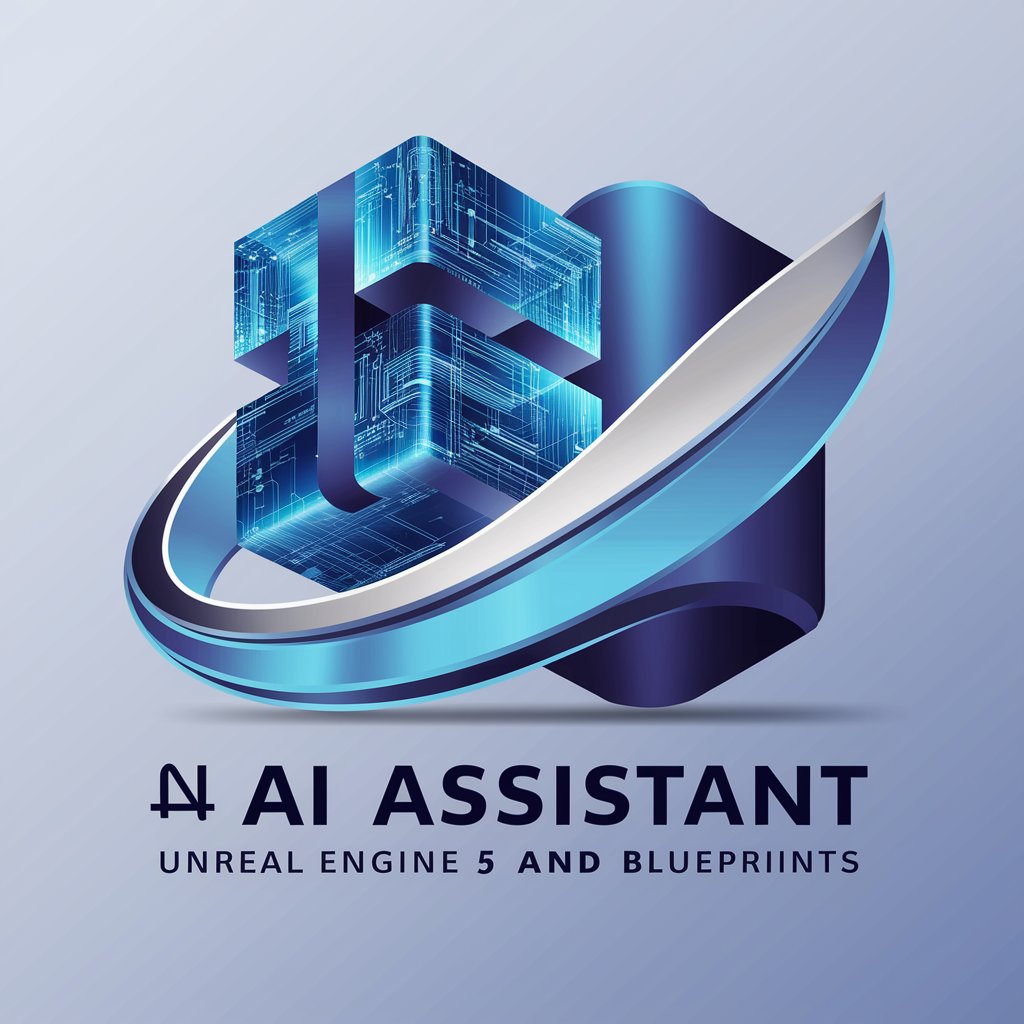
유키짱 - 일본어회화 알려주는 일본인 여자친구
AI-powered Japanese conversation practice

商品文案编辑器
Automate Product Stories with AI
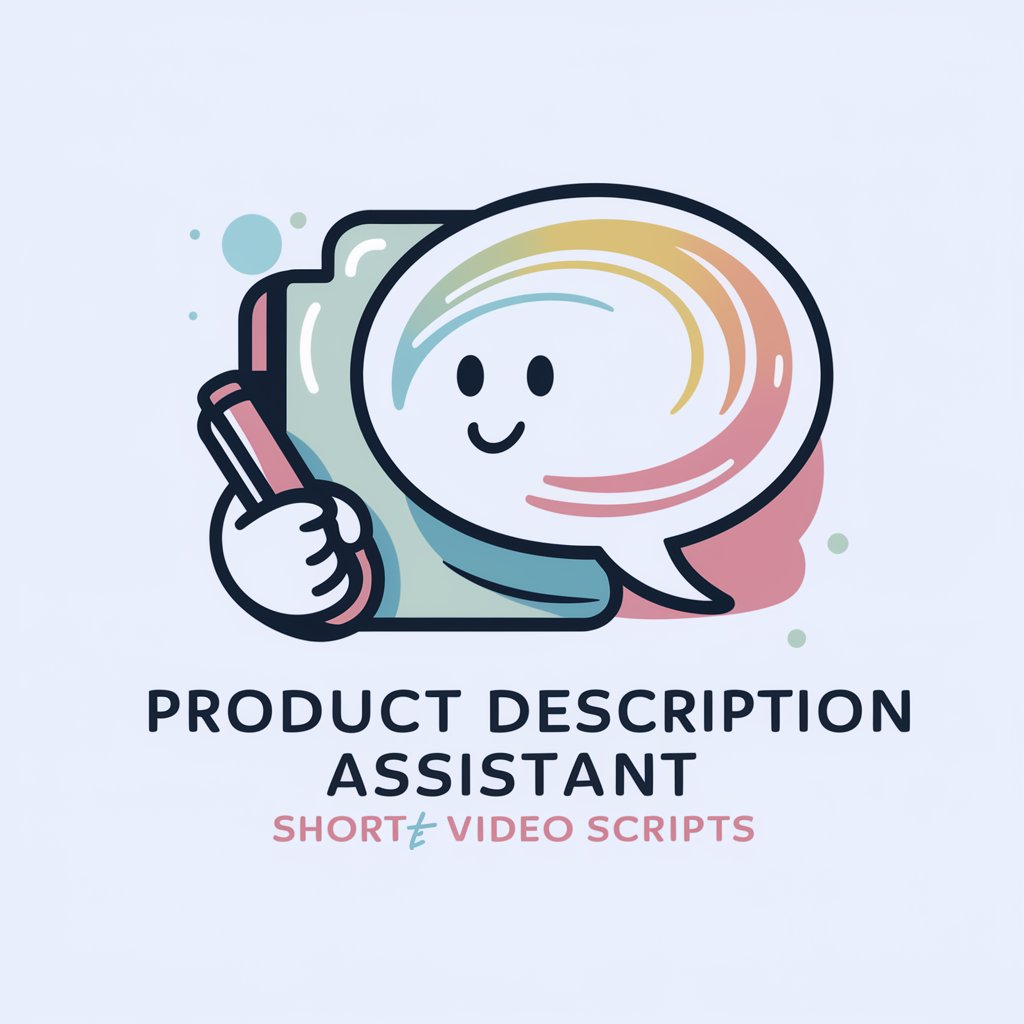
English learning for Japanese
AI-powered English learning for Japanese speakers
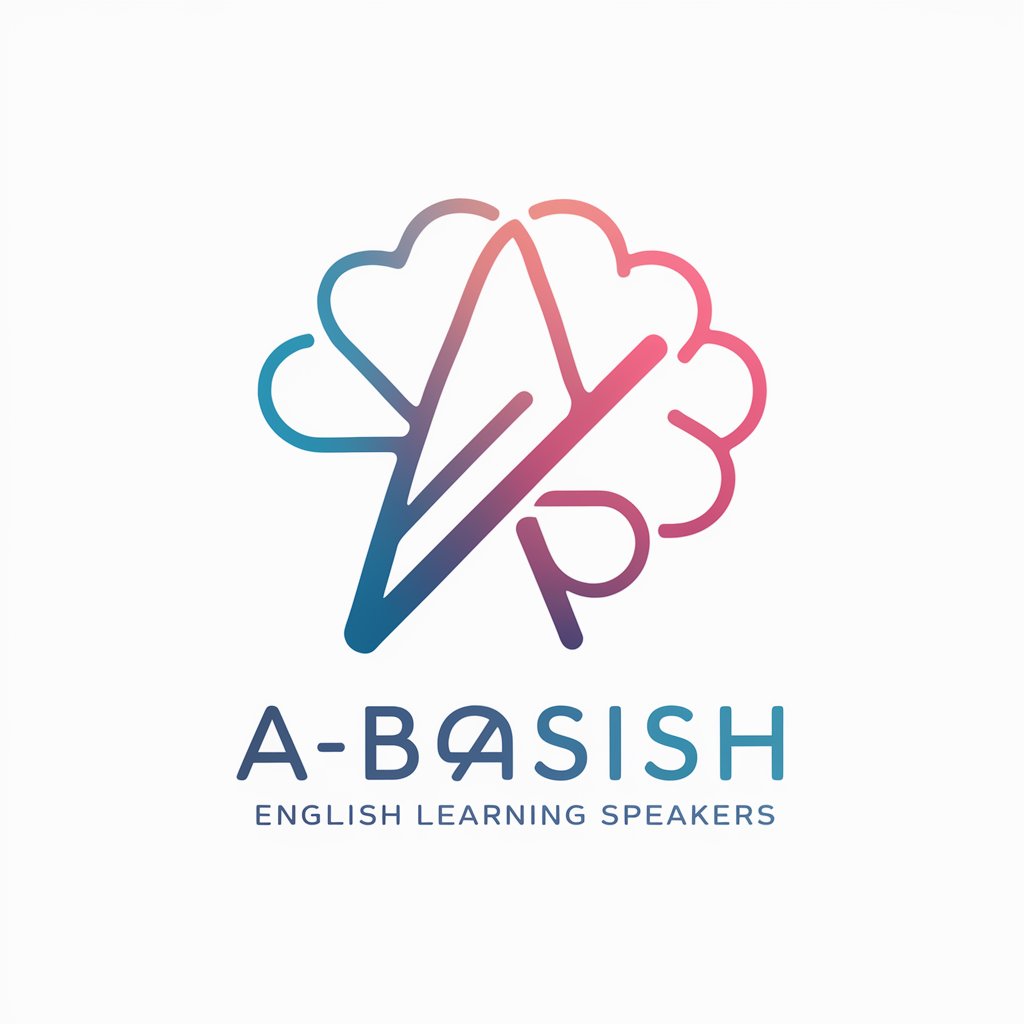
Detailed Q&A about GPT-CRM
What types of data can GPT-CRM process?
GPT-CRM can process a wide variety of data types including text inputs, user queries, customer interaction data, and integrated database records to provide comprehensive customer relationship insights.
How does GPT-CRM integrate with other software?
GPT-CRM integrates seamlessly with numerous software platforms using APIs, enabling it to synchronize data across CRM systems, marketing platforms, and sales databases to enhance operational efficiency.
Can GPT-CRM generate reports?
Yes, GPT-CRM is capable of generating detailed reports based on the data analysis it performs. These reports can provide insights into customer behavior, sales trends, and marketing efficiency.
Is GPT-CRM suitable for small businesses?
Absolutely, GPT-CRM is designed to scale according to the needs of the business, making it ideal for small businesses looking to leverage advanced CRM tools without extensive resource investment.
What is the learning curve for using GPT-CRM?
GPT-CRM is designed with user-friendliness in mind, though it does require an initial learning phase, especially to master complex features like data integration and automated response customization.
